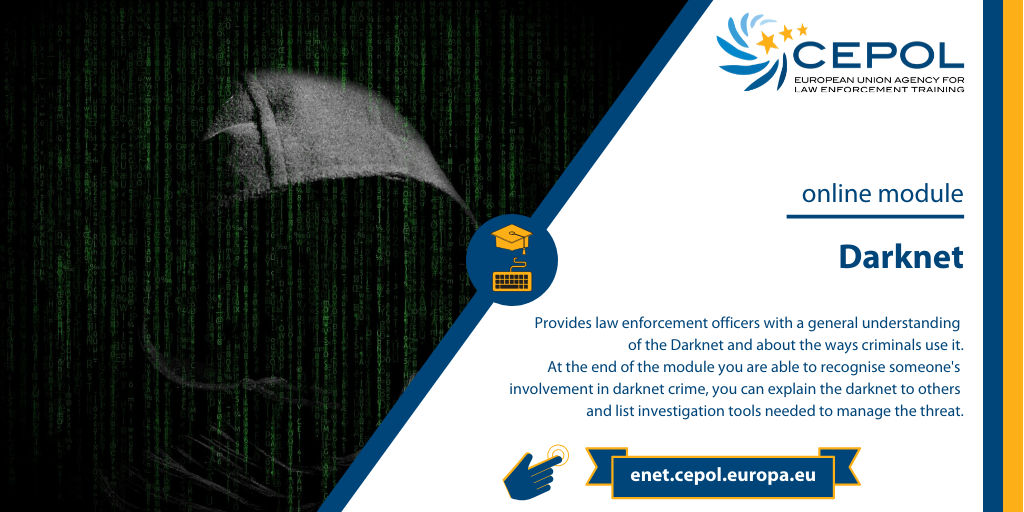In recent years, the dark web has captured the imagination of numerous individuals, becoming a topic of fascination in both popular culture and documentaries. Often portrayed as a mysterious realm filled with forbidden practices, the dark network hosts a variety of commerce platforms that operate independently of government control. These markets provide a space for trading goods and services that would typically be considered taboo, spanning narcotics and weapons to hacked information and forged money.

As we delve into the intriguing world of darknet marketplaces, it is crucial to comprehend not only the character of the transactions occurring but also the underlying frameworks that maintain them. Hidden behind layers of security and anonymity, these sites thrive in the shadows, challenging law enforcement and conventional enterprises alike. By investigating the dynamics of these markets, we can begin to unravel the complex web of driving forces, dangers, and payoffs that define the darknet's distinct economy.
Comprehending the Deep Web Environment
The deep web is a segment of the internet that is not really indexed by conventional search engines, which creates it a hidden domain for many people. This portion of the internet operates on overlay systems that require particular software, such as Tor, to garner. In this secluded environment, concealment is paramount, allowing users to engage in activities that vary from the harmless to the illegal. The dark web serves as a platform for different goods and services, catering to a diverse community seeking discretion and secrecy.
Within the dark web, trading platforms flourish, offering all sorts from illegal drugs to compromised data and cyber services. These sites vary in complexity, with some working like conventional e-commerce websites, featuring customer feedback and marketplace ratings. The transactions typically use cryptocurrencies to increase anonymity and protection for both clients and providers. This creates an setting where trust mechanisms rely heavily on user connections rather than formal regulations or control.
Another critical aspect of the deep web ecosystem is the importance of forums and networks. These platforms are often designed for sharing information, experiences, and advice related to dark web activities. Individuals can exchange knowledge about moving through markets, safety protocols, and ensuring anonymity. This linkage fosters a feeling of community, allowing it easier for beginners to participate and find their place while concurrently expanding the market's scope and presence.
Anatomy of Dark Web Markets
Underground marketplaces are hidden sites on the darknet where users can exchange goods and offerings, often entailing illegal activities. These markets typically function using anonymity-preserving technologies like The Onion Router, which obscures individuals' identities and whereabouts. Consumers and sellers participate through anonymous accounts, creating an environment that is both alluring and dangerous. The transactions are primarily conducted using digital currencies to improve secrecy and reduce the chance of tracing funds.
The structure of dark web marketplaces usually resembles that of traditional e-commerce platforms, showcasing categories for different products ranging from drugs and counterfeit documents to cybercrime offerings and illegally obtained information. Each item listing often features user reviews, images, and thorough descriptions. This level of client feedback builds confidence within a community where reliability can otherwise be hard to find. In addition, many of these platforms provide holding services that hold funds until buyers verify delivery of their orders, providing a layer of security to the process.
The fluid character of underground markets is influenced by law enforcement efforts and internal platform shifts. Some platforms may thrive for long periods before facing crackdowns or scams that cause them to collapse. New entrants constantly emerge, seeking to occupy the gap created by fallen entities. Innovations and adaptations within these markets keep participants involved, as vendors find creative ways to evade detection while catering to the insatiable need for illegal goods and offerings.
Risks and Ethical Implications

Interacting with darkweb platforms presents considerable risks to individuals, both digital and personal. The secrecy that these marketplaces offer can quickly turn into a double-edged sword. Participants risk vulnerability to frauds, as many vendors may not deliver promised products, leaving customers at risk to monetary damage. Furthermore, there is the constant threat of authorities monitoring these markets. Even innocent browsing can lead to unforeseen legal consequences, putting individuals at risk of legal action, especially in jurisdictions with rigorous anti-drug and trafficking laws.
In addition to individual threats, there are broader ethical consequences associated with deep web marketplaces. These markets often facilitate the exchange of illegal goods and offerings, including drugs, weapons, and stolen information, contributing to a variety of community issues. This not only threatens participants who participate but also impacts localities through increased criminal activity and healthcare issues. darknet market list surrounding the darkweb raises questions about the equilibrium between privacy, free speech, and the potential for harm, positioning these markets within a complex moral landscape.
Additionally, the deep web can act as a haven for illegal activities, which raises significant issues for law enforcement and regulators. The anonymity provided by these marketplaces makes difficult the enforcement of regulations designed to safeguard society from dangerous goods and offerings. As darkweb markets continue to change, the need for strong legal frameworks and moral considerations becomes increasingly urgent, prompting ongoing debates about how to address these issues while upholding personal freedoms and freedoms.
